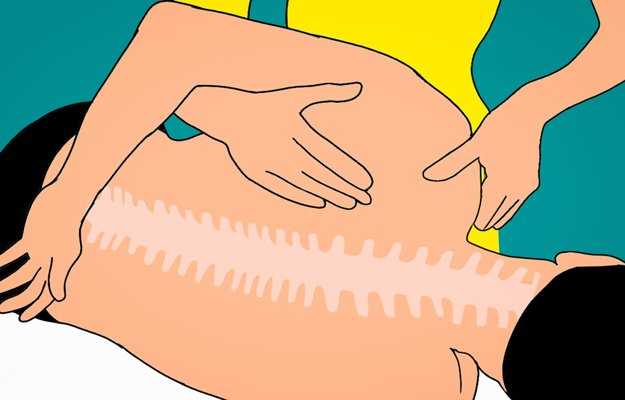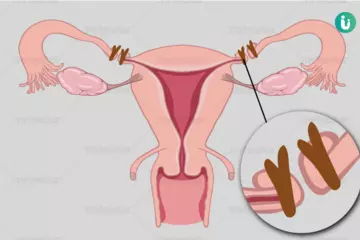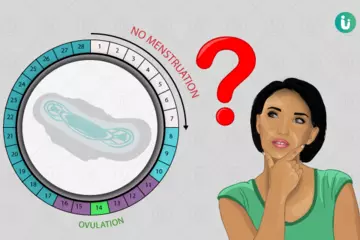What is polymyositis?
Polymyositis is a group of rare inflammatory conditions affecting the muscles, leading to the weakness of the muscle and the tissues associated with it, like blood vessels. It affects many different muscles like those of the hips, thighs, and shoulders. It can affect individuals of all ages but is prevalent in women and among individuals aged 30 to 40 years.
What are its main signs and symptoms?
One can observe the following symptoms over a few weeks or even months:
- Weakening of muscles
- Pain and tenderness in the affected areas of the body
- Difficulty in knee extension
- Troubles in stepping down and climbing upstairs
- Difficulty in lifting any weights
- Difficulty in placing anything at a higher shelf
- Difficulty in raising head while lying down
- Problems in breathing and swallowing
- Arthritis
- Fatigue
- Arrhythmic heartbeats
What are the main causes?
The exact cause of polymyositis is yet unknown, but it is found to be associated with the following conditions, which may be the reason behind its occurrence:
- Autoimmune disease
- Hereditary
- Viral infections like human immunodeficiency virus (HIV)/acquired immunodeficiency syndrome (AIDS)
- Problems of the immune system
- Diseases affecting breathing
How is it diagnosed and treated?
The healthcare provider orders the following tests to confirm the diagnosis individuals showing the symptoms of polymyositis:
- Blood test: It helps in the detection of various enzyme levels like levels of aldolase and creatine kinase. It also helps in identifying the presence of any auto-antibodies due to diseases of the immune system.
- Electromyography to check the health of muscles and nerves.
- Imaging techniques like magnetic resonance imaging and ultrasound imaging to see the overview of the muscles.
- Muscle biopsy to diagnose infection and damage.
Treatment involves the management of the symptoms:
- Physical therapy to strengthen the muscles and improve muscle flexibility.
- Speech therapy to manage difficulties in swallowing and speaking.
- Medicines like immunosuppressants and corticosteroids.
- Intravenous immunoglobulin to kill the auto-antibodies.
















